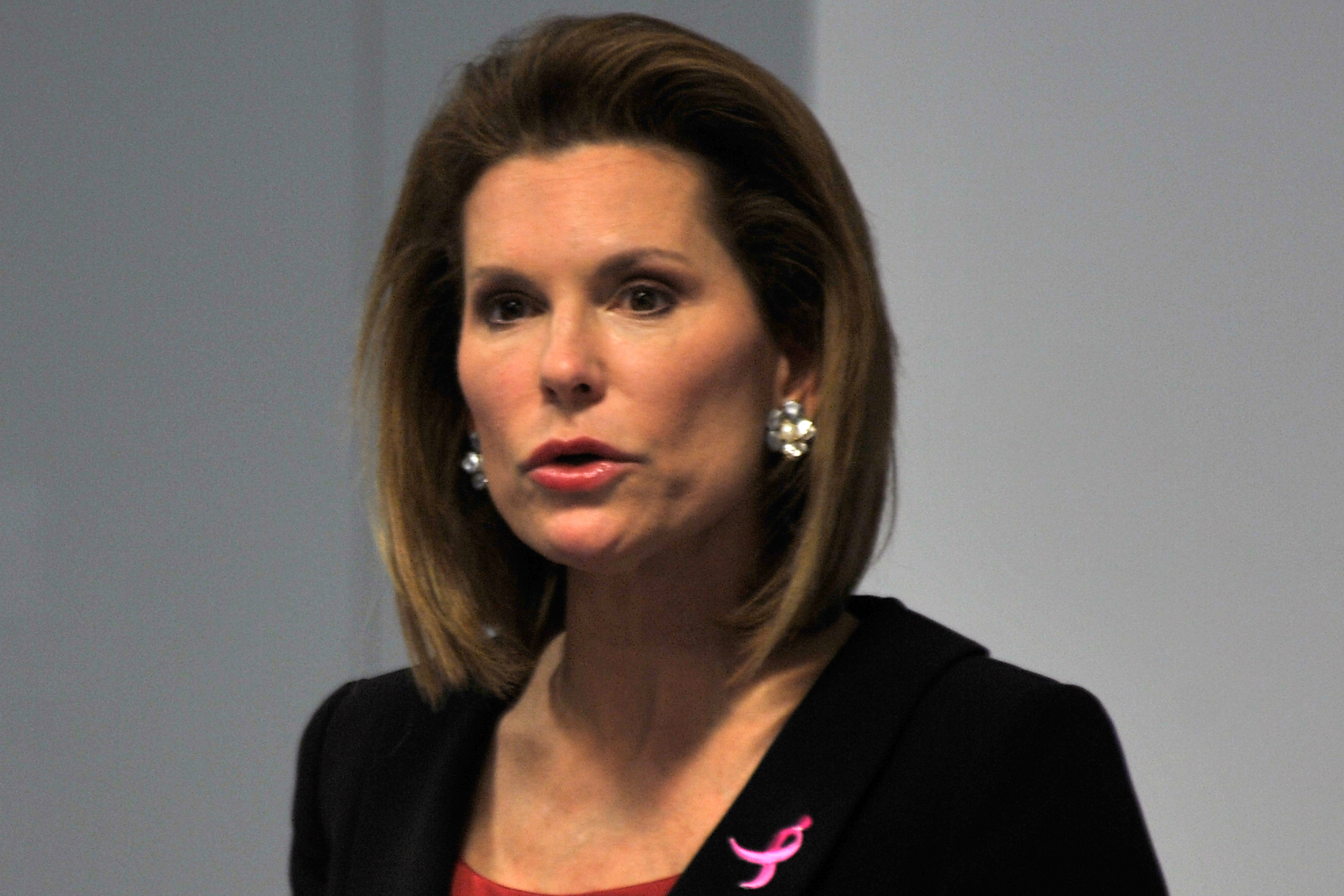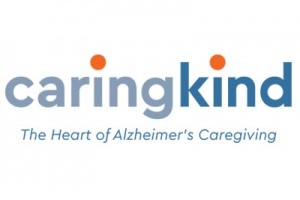Susan G. Komen for the Cure Founder Nancy Brinker stepped down from her position as chair of global strategy but will remain in a voluntary role at the breast cancer charity. She will continue as a lifetime board member.
Brinker made the announcement during Komen’s leadership conference. In a letter to affiliates and staff, Brinker said she approached the board earlier this year to discuss “taking on a familiar role” at the organization.
Brinker described herself as the unofficial “chief volunteer” at Komen since it was founded in 1982 until 2009 when the board asked her to become CEO. She served as CEO until August 2012 when she transitioned to chair of global strategy, six months after the public kerfuffle over funding to Planned Parenthood. Several executives at the Dallas-based national office and affiliate executives left the organization in the months after the policy reversal funding Planned Parenthood. In June 2013, Komen hired Dr. Judith Salerno as CEO.
In her role as chair of global strategy, Brinker’s compensation was $506,486, including a base salary of $469,282, for the fiscal year ending March 2014.
Since the debacle regarding Planned Parenthood funding, revenue for Komen and its affiliates has dropped off considerably. Last year, the organization reported aggregate revenues of $228 million, compared with $263 million in the previous year and $342 million the year before that. In 2014, the national office discontinued half of its three-day events.
Brinker told the Wall Street Journal that she “never loved having a paid position.” In her letter to staff, she said she “will be pursuing the big ideas that can help people manage, live with, or conquer this disease.”
Among those ideas is how data are used to better support medical research. “Today, we have unprecedented knowledge in racing the genetic origins of cancer. What we lack is coordinator ensuring that genomic data can be linked to public and private databases, so that researchers can find and understand the similarities in how different cancers develop and respond to treatment. This type of coordination has never been done before. It will require a massive investment of time, knowledge and expertise.”
Brinker said she is working with Komen and the Robertson Foundation to convene a special conference in New York on Oct. 8-9, and will work on other Komen events, such as Honoring the Promise gala in Washington, D.C. this fall. Brinker called the big data in breast cancer conference a landmark event and the “first step in building an international community capable of bringing genomics and electronic health records together to improve patient care.”
The breast cancer organization is named for Brinker’s sister, who died from the disease in 1980 at the age of 36.










